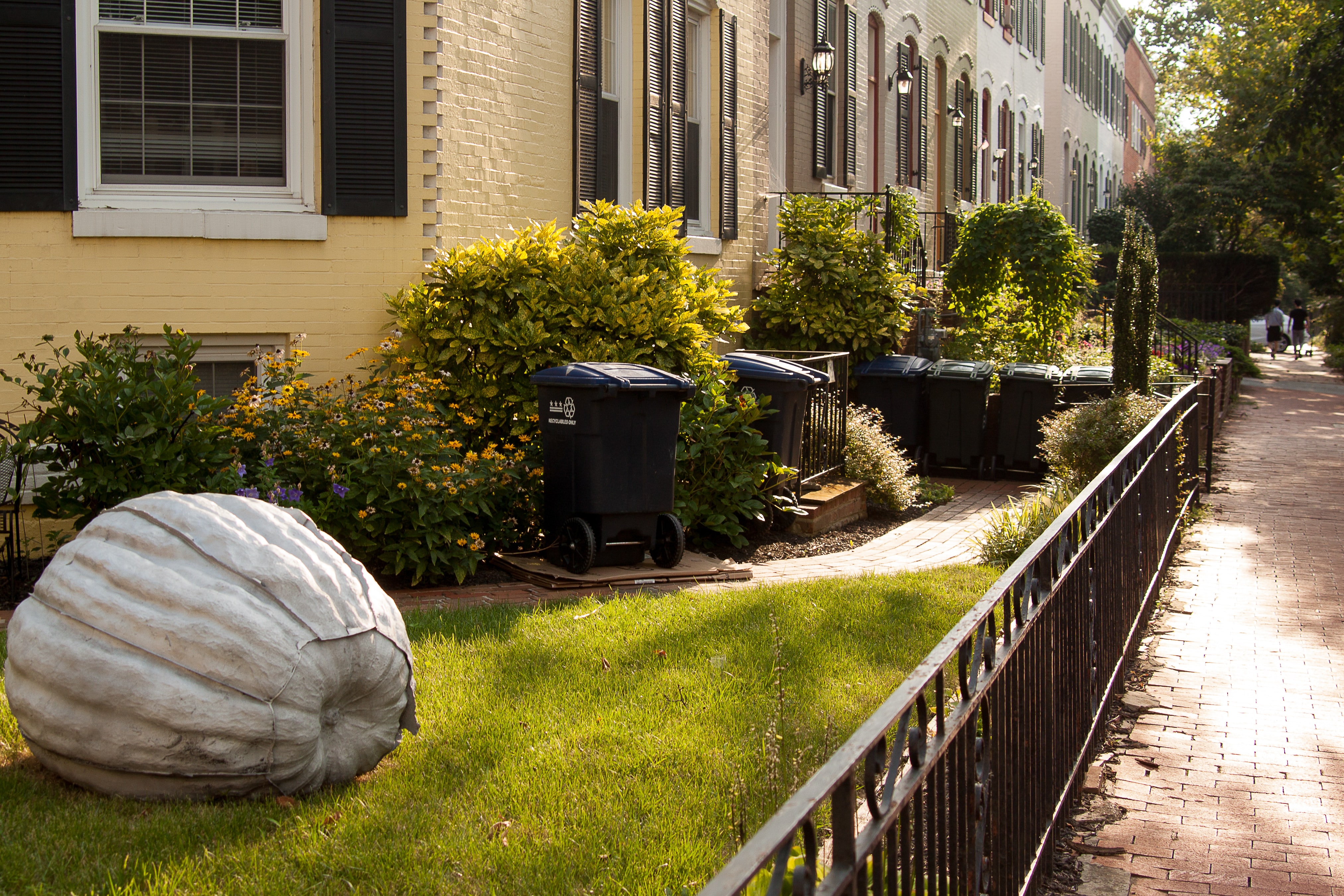Post by: Leea Collard

Hello! My name is Leea Collard and I am a rising second-year law student at Regent University School of Law. It is my absolute honor to have been chosen to serve as a law clerk in the Center for Global Justice for the 2021-2022 academic year. On June 25, I completed my summer internship at Shared Hope International, an anti-child sex trafficking organization designed to research new legislation, equip stakeholders, and provide technical assistance and support to Congressional and state legislators seeking policy solutions to child and youth sex trafficking.
Can I be honest for just a second? Sometimes, my head is a bit too in the clouds. I long to see pretty things, things that meet my desired aesthetic; I dream about my future, marriage, children, and an American flag hoisted upon a perfectly proportional flagpole. I like for things to be, and to look, just so. You might be able to say the same. The time I spent in Washington D.C. was no different. The limestone buildings, the flowers lining the mini-front yards of million-dollar Capitol Hill homes… a place where things seem pretty… a place where things seem pretty safe.
My dear friends, the aesthetics Washington D.C. offers helps the District hide a dark secret. On my last day at Shared Hope, I learned something that shook me to the core: the D.C. metro system is a known trafficking hotspot. This is the method of transportation that I used multiple times a day during my internship. This is the method of transportation that thousands of people are using as I write this blog post. Two days before I left the District, a young girl around my age was murdered by her trafficker. She had been trafficked at a metro stop and sold for sex to buyers at high-end hotels in Georgetown. Over and over and over and over again.
Even now, my stomach churns at this thought, especially in light of Washington D.C.’s human trafficking laws, an analysis of which are available under Shared Hope International’s 2019 State Report Cards, Analysis & Recommendations. Pertinent to D.C. Code § 22-2701 (Engaging in prostitution or soliciting for prostitution) the criminalization of minors for prostitution offenses is prohibited. However, it is Section 5.4 of the Analysis & Recommendations that makes me feel physically ill when applied to this specific situation. Shared Hope International’s report specifically states, “[The] District of Columbia provides a specific protective response for juvenile trafficking victims that directs these victims to service providers while requiring law enforcement to file a report of abuse to child welfare.” This is what makes me feel sick. This young girl was never given a chance to access those services–her trafficker murdered her before that happened.
This is why early victim identification is important. My mind reels with what-if-scenarios. What if a police officer had been trained to identify her as a trafficking victim? What if the hotel management knew how to look for signs of human trafficking? What if… what if it had been me?
My heart is shattered and in all honesty, I pray that yours is too. We couldn’t save her. We couldn’t. Right now, she is resting in the arms of our Sweet Father, and for the first time in her life she is experiencing agape love.
Advocate harder. Pray fervently. Contact your representatives.
I refuse to lose another. Are you with me?
This post was written by a Center for Global Justice Intern. The views expressed in this post do not necessarily reflect those of Regent University, Regent School of Law, or the Center for Global Justice.

